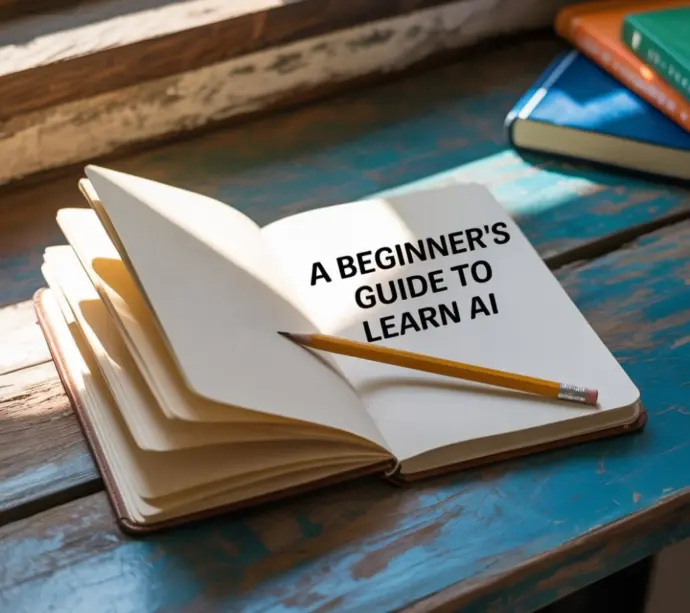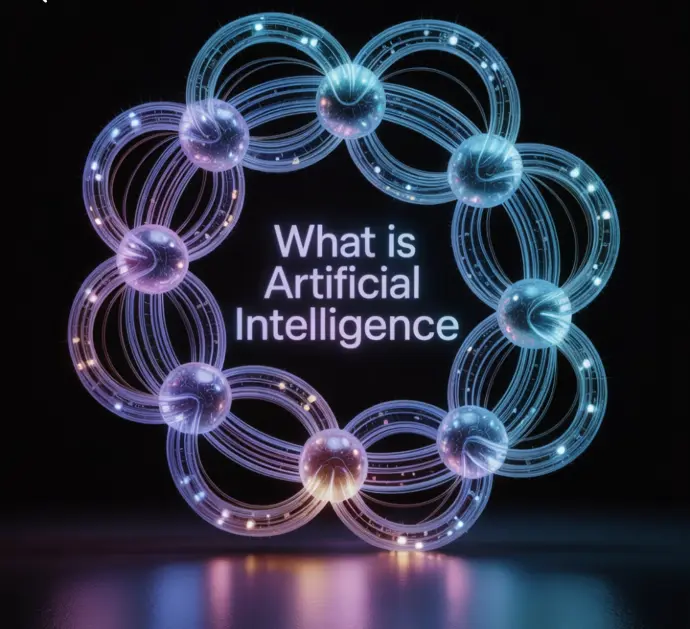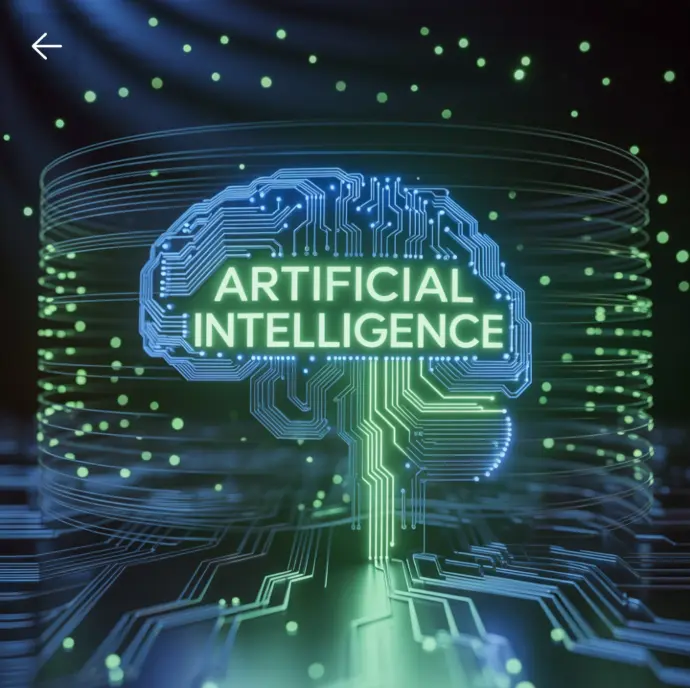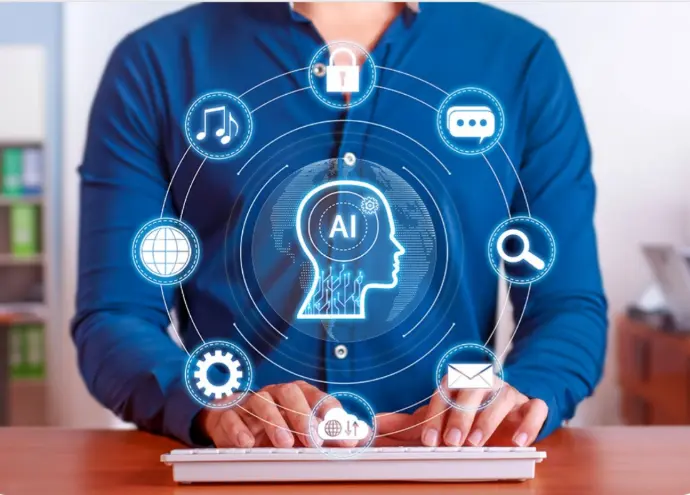Beginner’s Guide To Learning AI
By Ibad khattak

Artificial Intelligence (AI) is transforming the world at an unprecedented pace. From self-driving cars to virtual assistants like Siri and Alexa, AI is reshaping industries and daily life. At AIMinds4U, we aim to simplify AI learning and provide valuable insights into this fascinating field.
Whether you're a beginner or an experienced professional, this blog will guide you through the fundamentals of AI, its applications, and how you can start your journey in this domain

1. What is Artificial Intelligence?
Artificial Intelligence (AI) refers to machines designed to perform tasks that typically require human intelligence. These tasks include:
. Problem-solving
. Language processing (NLP - Natural Language Processing)
. Pattern recognition
. Decision-making
Types of AI.
1-Narrow AI (Weak AI) – Specialized in one task (e.g., Siri, Alexa).
2-General AI (Strong AI) – Theoretical AI with human-like reasoning (not yet achieved).
3-Superintelligent AI – AI surpassing human intelligence (still speculative).
2. Why should we learn AI?
AI is a rapidly growing field with immense opportunities. Here’s why you should start learning:
.High Demand – AI skills are sought after in tech, healthcare, finance, and more.
.Lucrative Salaries – AI professionals command high salaries due to expertise.
.Innovation – AI powers advancements like self-driving cars and smart assistants.
.Future-Proof Career – AI will continue to shape the future job market.

3.3. How to Start Your AI Learning Journey?
Step 1:build a strong foundation
Learn Python, the leading language for AI development.
.Strengthen your knowledge of mathematics (linear algebra, calculus, probability).
Step 2: Explore Machine Learning (ML)
Study supervised & unsupervised learning.
. Practice with Scikit-learn, TensorFlow, and PyTorch.
Step 3: Dive into Deep Learning
Understand neural networks, CNNs, and RNNs.
. Experiment with Keras and TensorFlow.
Step 4: Work on Real-World Projects
Build AI models for image recognition, chatbots, or predictive analytics.
. Participate in Kaggle competitions to test your skills.
4. Real-World Applications of AI
AI is already transforming industries:
. Healthcare – AI aids in diagnostics, drug discovery, and personalized treatment.
. Finance – Fraud detection, algorithmic trading, and risk assessment.
. Retail – Personalized recommendations, inventory management.
. Automotive – Self-driving cars, traffic prediction.

5. Conclusion
AI is no longer just a futuristic concept—it’s here, and learning it can open countless opportunities. At AIMinds4U, we’ll continue to provide valuable resources to help you master AI.
Stay tuned for more tutorials, guides, and insights!
Start writing here...